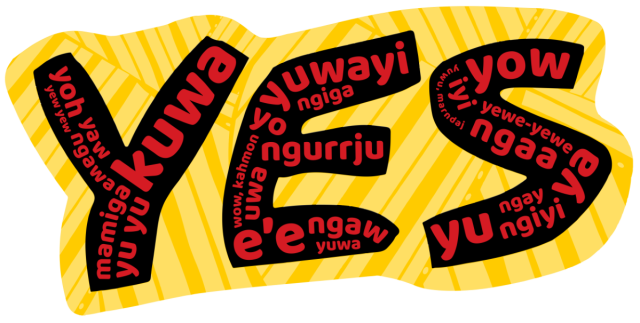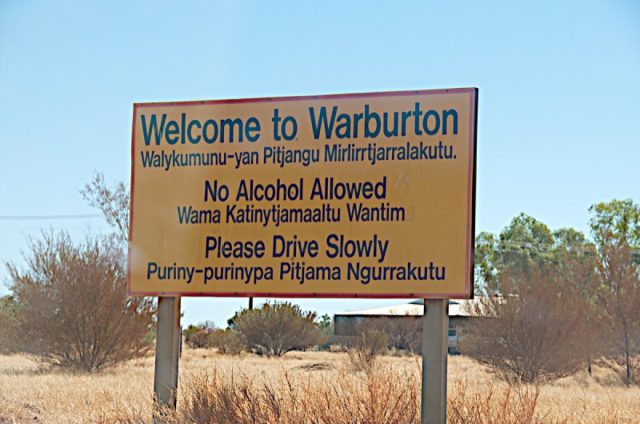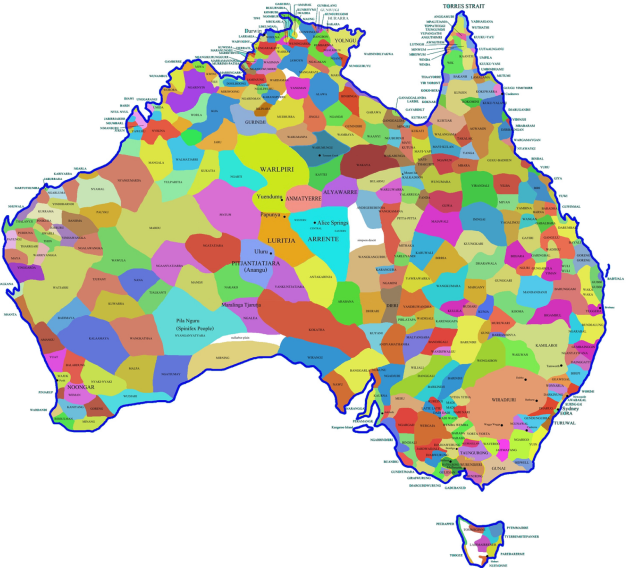Indigenous Affairs
5 Dangerous Blind-Spots In ‘Yes’ Arguments (Part 1)
"Where there is much desire to learn, there of necessity will be much arguing, much writing, many opinions; for opinion in good men is but knowledge in the making." John Milton Libertarians believe in free speech. We do not have to agree with the arguments we hear. I therefore defend the publication of former Senator Duncan Spender’s debut article It’s Not Our Fight...
It’s Not Our Fight. Vote Yes.
I read hundreds of bills when I was advising Senator Leyonhjelm. Some of the bills would significantly alter the size of government or the extent of government interference in the lives of individuals. For these bills, my advice and the Senator’s decisions were aligned and easy to predict. But most bills were not like this. We should consider ourselves lucky that, in...
Trial The Voice At The ALP National Conference
Here’s a great idea. The Albanese government could trial the ‘Voice to Parliament’ by enlisting Aboriginal representatives to attend the national ALP Conference commencing in Brisbane on 17 August. The Prime Minister already has a posse ready to go, the members of his referendum working group, most of whom would be very familiar with ALP National conferences. Indeed, I observed...
Welcome To Warburton, Where Yes Is A Death Sentence
Shareholders are being taken for a ride, as are donors, trade unionists, sports fans and taxpayers. The relatively few high-profile CEOs, charity leaders, trade union leaders, sports administrators and politicians foolish enough to forsake their duty and send other people’s money to the referendum Yes case are doing harm. Many of their supporters and funders, and possibly a majority,...
14 Reasons To VOTE NO In The Voice To Parliament Referendum
On Monday 19 June 2023, the Australian Senate passed a bill for a referendum to occur later in the year to establish a constitutionally-enshrined Voice to Parliament. In short, and especially for our subscribers outside Australia, the Voice proposal is for a consultative body - let’s be blunter and say it’s a representative body - to which all federal government policies and legislation...















